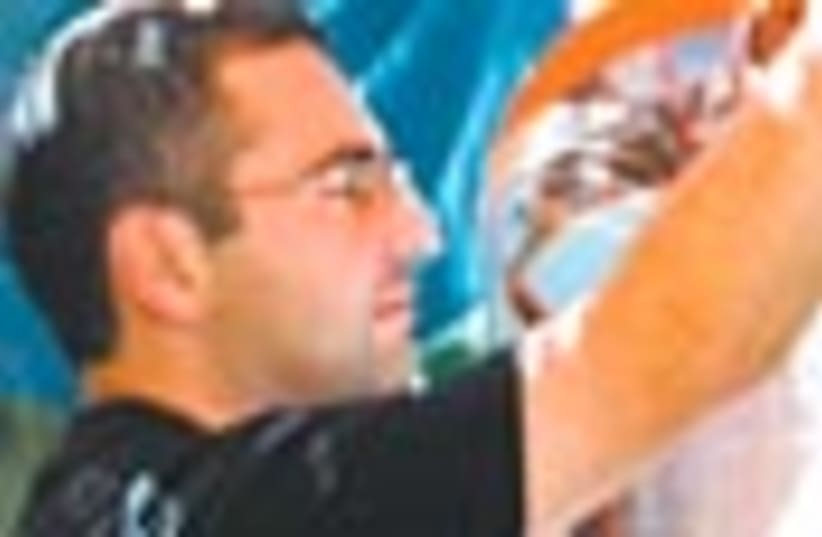| More about: | Saint Patrick, Neve Dekalim, Temple Mount, Six-Day War |
A bitterly appropriate festival
Former residents of Gush Katif didn't really need the Succot reminder of temporary housing.


| More about: | Saint Patrick, Neve Dekalim, Temple Mount, Six-Day War |